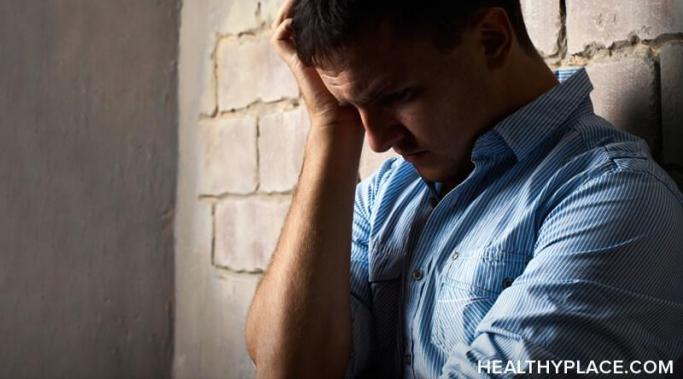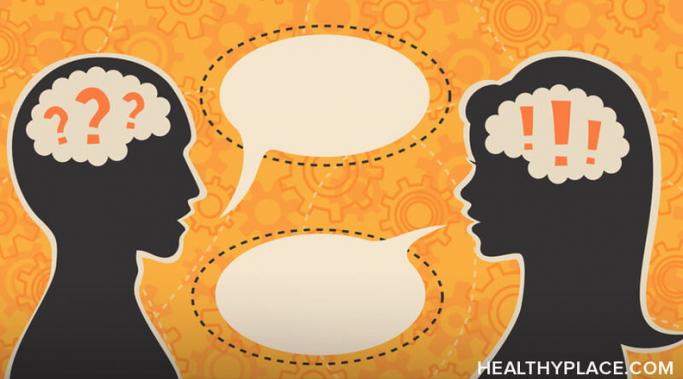Anxiety can affect our safety at work. Usually, when we think of anxiety, we don't think about how it affects our safety. Sure, we know about many of the physical symptoms of anxiety (dizziness, racing heart, tight chest, etc.). But what about our reactions to these symptoms? How do they affect how we treat others and ourselves? What are the consequences? How does anxiety affect our safety at work and what can we do about it?
Getting Through Tough Times Videos
When I first realized I had it, talking about depression did not seem like an option. It seemed like a dirty secret I needed to brush aside. I had been told not to cry so many times that I felt ashamed each time I did. Sometimes I still do (Depression Symptoms – Easy to Tear). Fortunately, I am learning to be open and talk about depression, which helps me get through tough times.
Some with depression and anxiety drop out of college (How Can Colleges Help Students with Mental Illness?). I graduated from high school at 17 and was ready to tear through my freshman year of college. Instead, I dropped out of college with depression and anxiety. What followed were eight years of insecurity and an intense dread for the future.
I travel with depression at least three times a year, and most of the time I find myself on solo trips. Whether I am traveling for work or vacation, it seems like my depression never takes a respite. Instead of seeing this as a weakness that prevents me from traveling internationally, I try to work around it with a few techniques I've learned over the years. I have learned to travel and vacation with depression.
Even if you consider yourself a happy person you may be susceptible to holiday depression. Do you find yourself obsessing over pictures on social media of people surrounded by smiling family members, wishing you had another life? Do the holidays make you feel isolated from the rest of the world? You are not alone (Seasonal Affective Disorder (SAD) Symptoms – Who’s At Risk). Read on to learn about holiday depression.
A panic attack is an intense physical and emotional reaction, often to non-threatening stimuli. Panic attacks are common in those with anxiety. There are many panic attack triggers, but they are not always consistent. I've had panic attacks both at home and at the grocery store. Understanding triggers for panic attacks makes them less scary.
Finding the right therapist in tough times can be challenging. Making the decision to go to therapy is often one of the first steps people take on the road to recovery from mental illness. Mental health therapy offers a wealth of helpful resources that can help you cope with depression, anxiety, or even situational issues like grief. Understanding what to look for in a therapist with these three tips will help you find the right therapist for you.
I’m Ashley Horsfall and I am excited to be writing Getting Through Tough Times. I have been dealing with depression and anxiety since before I was even a teenager, and I’m now in my mid-20s. My conditions were not diagnosed until just three years ago, and today I still struggle. My journey with mental illness has not been easy, and it certainly hasn’t been consistent; however, I am passionate about helping people like me learn how to cope with depression and anxiety of their own.
The definition of mental illness recovery is a “return to a normal state of health, mind or strength. To regain possession or control of something stolen or lost.” For me, and for others suffering with a mental illness, the loosely named "recovery" is the ultimate goal. To integrate back into normality, to regain the possession of broken faculties, to retrieve the logical mind that has somehow been lost. That is mental illness recovery.
Time after time I told myself I was going to change. Today was the day. All I had to do was make different choices. Choose to be normal. Choose to fit in. Choose to be strong. It was as simple and easy as making the right choice. But I couldn’t do it. Did having a mental illness make me weak?








